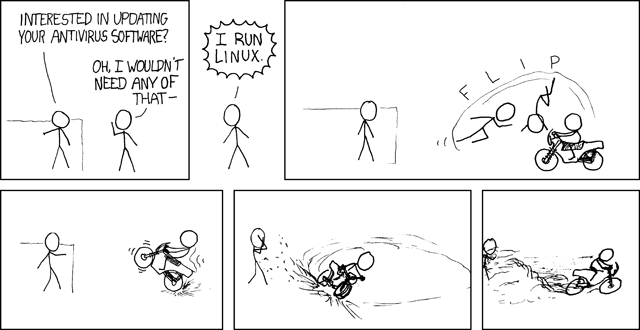The answer is because each "genre" of game is targeting a different level of enjoyment in the gamer. Games like the Halo series, which focus on plot, action, and graphical prowess are trying to give a player the experience of an interactive movie. They know that the action on screen will be more personal and meaningful to the player if the context of the action is somewhat plausible. So, wrapping the action and interactive elements of a game into a cinematic package helps with what developers call Immersion. The draw for games like this is escapism. Much like reading a book or watching a movie, we enjoy the departure from reality because it makes us forget about our problems and issues, if but for a short time. Immersion is all about keeping up withe Jones'. Typically, it the modern gaming industry, Immersion is basically judged by how perfectly detailed the gaming world is relative to other games in the market. There are other factors, but a realistic looking world will always be the biggest plus. Since immersion sells product, publishers will spend inordinate amounts of money making sure everything in the game world is a real and top-notch as possible. That includes professional voice acting, virtual motion capture (think Gollum in Lord of the Rings, a digital character modeled after a real person's movements), and expensive graphics engines. The technology behind such games is only going to get better as developers try harder to get us to believe we are the video game, not playing it.
Games like Geometry Wars are aiming for a completely different pleasure center in the Brain. Human Beings like progression. We respond to success positively. It's what drives us as a species. When success is easy and clear, it's hard to control the desire to latch on to it. Games like geometry are paced very carefully. It uses mathematical formulas to pace the level at which your score goes up to convince you that you can always do a little better. It's hard enough to be a challenge, but possible enough that you'll dare to try and reach that success. That, along with the short length of games and the almost instantaneous restart time, provides a highly addictive quest for scores. Every time you lose, the simplicity of the game tempts you to come back and try and beat that high score. And a funny thing happens. The game rewards patience and practice. The more you play, the better you will get. So every time that Game Over screen beckons you to restart, you know you can do better. And it's only a few minutes right? I've got time for one more, right? Hours later, and you're still crunching the numbers, inching closer and closer to a goal that never really materializes. There is no ending. There is only the leader board. And the goal is to be on top. That addiction to success is what drives us as a species. Put in video game form in short 5 minute segments, it's almost impossible to resist.
The most successful games being made today are the one's that skillfully blend the two styles together. Enter World of Warcraft. Touted as being the most addictive game ever, there is truth behind the tout. It's an immersive world, a world where entire cultures are formed, wars are fought, and truces are signed, all by real people. The graphics are lush, the world is alive, and it's hard not to get to get caught up in your own personal story. However, there is always the grind. The grind is when you go out and perform highly repetitive, typically menial tasks for small rewards. In small increments, your character becomes slightly more powerful. In every small increment you can see the growth, and all you want is more. The grind may be repetitive, but it always concludes in some form of success or growth. The draw is even stronger when you take into account the chance that menial tasks have the small possibility of something rare and strong being dropped or added to your character. It's that same addiction to success and growth that drives the character to play for hours and hours to get that one more level, or one more item drop. What makes WoW great is that it combines the two game styles more effectively than anyone else has done in the past.
Now, let me go beat my score yet again. If I'm not back in 3 hours, send someone in to save me.



